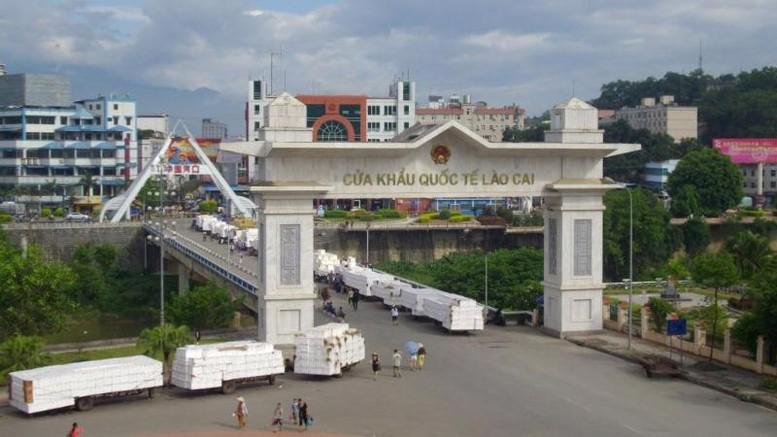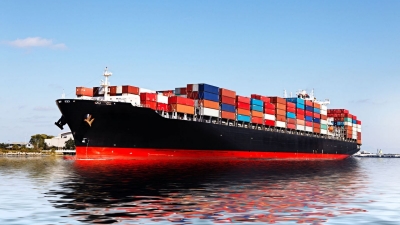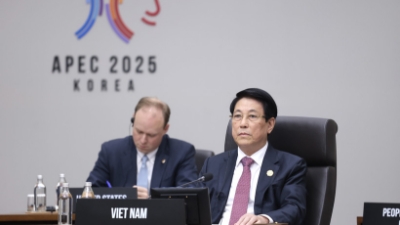Under Prime Ministerial Decision No 1620/QD-TTg, signed by Standing Deputy Prime Minister Nguyen Hoa Binh on December 20, a plan to develop Lao Cai into a central trade hub has been issued, according to a report from the Government News.
The overall goal of the plan is to establish Lao Cai as an important gateway and a key transportation and economic connection point for the midland and northern mountainous regions of Vietnam, linking Vietnam and other ASEAN countries to the Southwest region of China.
This will be achieved through the development of modern and synchronized transportation infrastructure.
The plan also aims to develop the Lao Cai Border Gate Economic Zone into a major logistics and transshipment center on the Kunming (China) - Lao Cai - Hanoi - Hai Phong - Quang Ninh economic corridor, and within the Greater Mekong Subregion (GMS) economic cooperation framework.
Additionally, Lao Cai will be developed into a financial, tourism, trade, and international event center.
The plan includes the construction and operation of smart border gates and the pilot establishment of a cross-border economic cooperation zone at the Lao Cai border gate, contributing to making Lao Cai a growth pole and a well-developed province by 2030.
The plan sets specific targets for 2030, aiming to establish a comprehensive infrastructure system for the economic trade hub connecting Vietnam and other ASEAN countries to Southwest China.
Key priorities include finalizing the investment in the Noi Bai - Lao Cai Expressway (Yen Bai - Lao Cai section) as planned; investing in the expressway connecting Hanoi - Lao Cai with Ha Giang; mobilizing resources and preparing conditions for soon construction of the Bao Ha (Lao Cai) - Lai Chau Expressway; completing and putting into operation Sa Pa Airport; and studying the construction of several border bridges linking with China.









 Google translate
Google translate